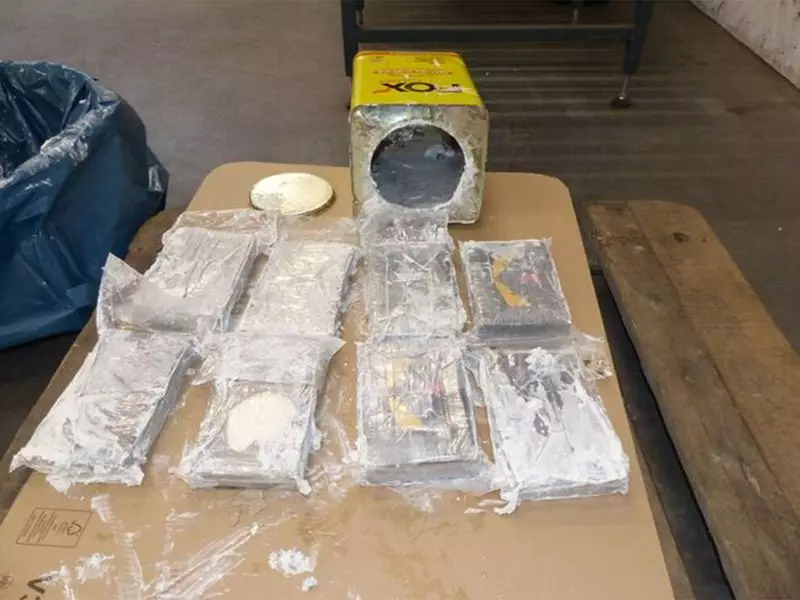
In a significant food safety development, Taiwanese authorities have intercepted a massive shipment of approximately 4,000 kilograms of frozen crabs imported from China after detecting dangerous levels of a banned veterinary drug. The contaminated consignment has raised serious health concerns and triggered immediate regulatory action.
Discovery of Prohibited Substance
The Taiwan Food and Drug Administration (TFDA) confirmed that laboratory tests revealed the presence of nitrofuran metabolites in the crab shipment. Nitrofurans are antimicrobial agents that have been banned in food-producing animals across many countries, including Taiwan, due to their carcinogenic and mutagenic properties.
"The detection of this prohibited substance in such a large quantity of seafood represents a serious violation of our food safety regulations," stated a TFDA official. "Consumption of products contaminated with nitrofurans poses significant health risks to consumers."
Immediate Regulatory Action
Following the discovery, Taiwanese authorities have taken swift action to prevent the contaminated crabs from entering the local market. The entire 4-ton shipment has been blocked at the border and will either be destroyed or returned to the exporting country.
The incident has prompted increased scrutiny of seafood imports from China, with authorities announcing enhanced inspection protocols for future shipments. "We are implementing stricter monitoring measures to ensure that no contaminated products reach Taiwanese consumers," the TFDA official added.
Health Implications of Contamination
Medical experts have emphasized the serious health risks associated with nitrofuran contamination. These substances have been linked to:
- Increased cancer risk with long-term exposure
- Potential DNA damage and genetic mutations
- Development of antibiotic resistance
- Adverse effects on reproductive health
Food safety advocates have praised Taiwan's vigilant monitoring system while calling for greater transparency in international food trade practices.
Broader Implications for Food Trade
This incident marks the latest in a series of food safety concerns involving Chinese seafood exports. The massive scale of this interception—4,000 kilograms—highlights the potential magnitude of the contamination issue and underscores the importance of robust border control mechanisms.
International food safety organizations are monitoring the situation closely, as similar contamination issues could affect global food supply chains. The incident serves as a reminder for importing countries to maintain rigorous testing protocols for food products.
Taiwanese consumers have been advised to purchase seafood only from reputable sources and to remain vigilant about food safety certifications when buying imported products.





